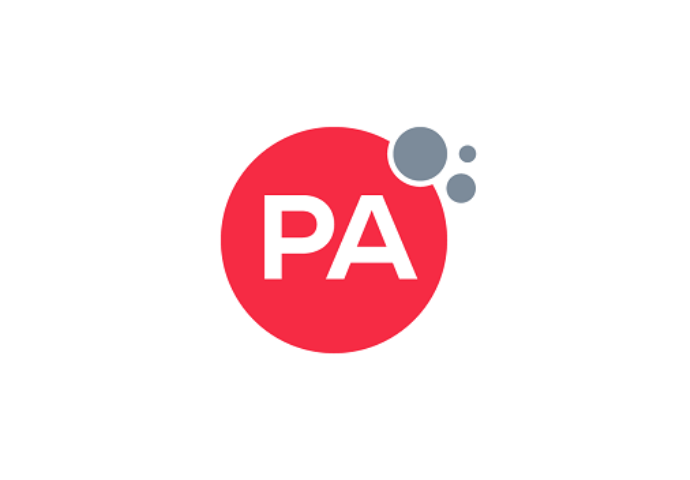More than 180 teams took part and 16 finalists presented their innovations, at a ceremony in London on 1 May, to a panel of judges from organisations including Rentokil Initial, Google Cloud, Anglia Ruskin University, NHS England, and the Department of Health and Social Care.
In each of the four age group categories there was an award for innovation which focused on technical excellence and an award for inspiration which recognised endeavour, achievement, and teamwork. Each of the winning teams took home a prize of £1,000 for their school or college.
"Yet again our Raspberry Pi competition provided great insight into the fantastic work that is going on in schools to develop young people’s coding skills. The level of talent grows each year and it’s awe-inspiring to see just how much imagination and technical ambition our finalists portray in addressing the real-world challenges of improving health and well-being. The students’ enthusiasm was truly inspirational for everyone who attended the awards ceremony and we are so proud to hold this event year after year and support young people in bringing ingenuity to life.”
Jiten KachhelaGlobal Head of Digital & Data, PA Consulting
The winners of the 2024 competition
Primary school award, academic years 4-6
Innovation Award – Fulbourn Primary School created a system to remind people with memory loss to water their plants. The device detects moisture in the plant and uses lights to alert the user to when a plant needs watering.
Inspiration Award – Castem Club created an app that detects unsafe gases. Using Raspberry Pi-aided gas sensors it alerts users to the presence of nitric oxide or carbon monoxide
Secondary school award, academic years 7-9
Innovation award – SB Coding Club designed a device called AirSafe to improve air quality. It provides a vent which could be installed in a window, in place of the trickle vents, to manage airflow using information from two sensors.
Inspiration award – Kelvin Hall School created a device which reminds people to drink, relax, exercise and eat and can be used by people, who cannot explain their feelings verbally, to communicate their needs.
Secondary school award, academic years 10-11
Innovation award – LGGS Coding Club developed a reminder system for those needing support, such as people with dementia. It provides repeated visual, text and audio reminders throughout the day which prompt the person to do everyday tasks which they may otherwise forget to do.
Inspiration award – Tynecastle High School created a household device to monitor indoor air quality. The AIRWISE tracks humidity, air pressure, air quality, and eCO2 levels and then can use humidifiers to set a healthy level and provide alerts if any readings exceed set parameters.
Sixth Form award
Innovation award – Calday Grange Grammar School developed a digital stethoscope which can be used to diagnose cardiac irregularities in regions with limited access to advanced medical equipment. The 3D printed, digital stethoscope amplifies heartbeats then records them with a microphone to create a live graph of the patient's heartbeat and rhythm.
Inspiration award – UTC Oxfordshire devised a way to profile environmental factors such as noise, light, humidity and temperature that can lead to sensory overload and discomfort and so provide a simple way to alleviate the stress experienced by some people.



